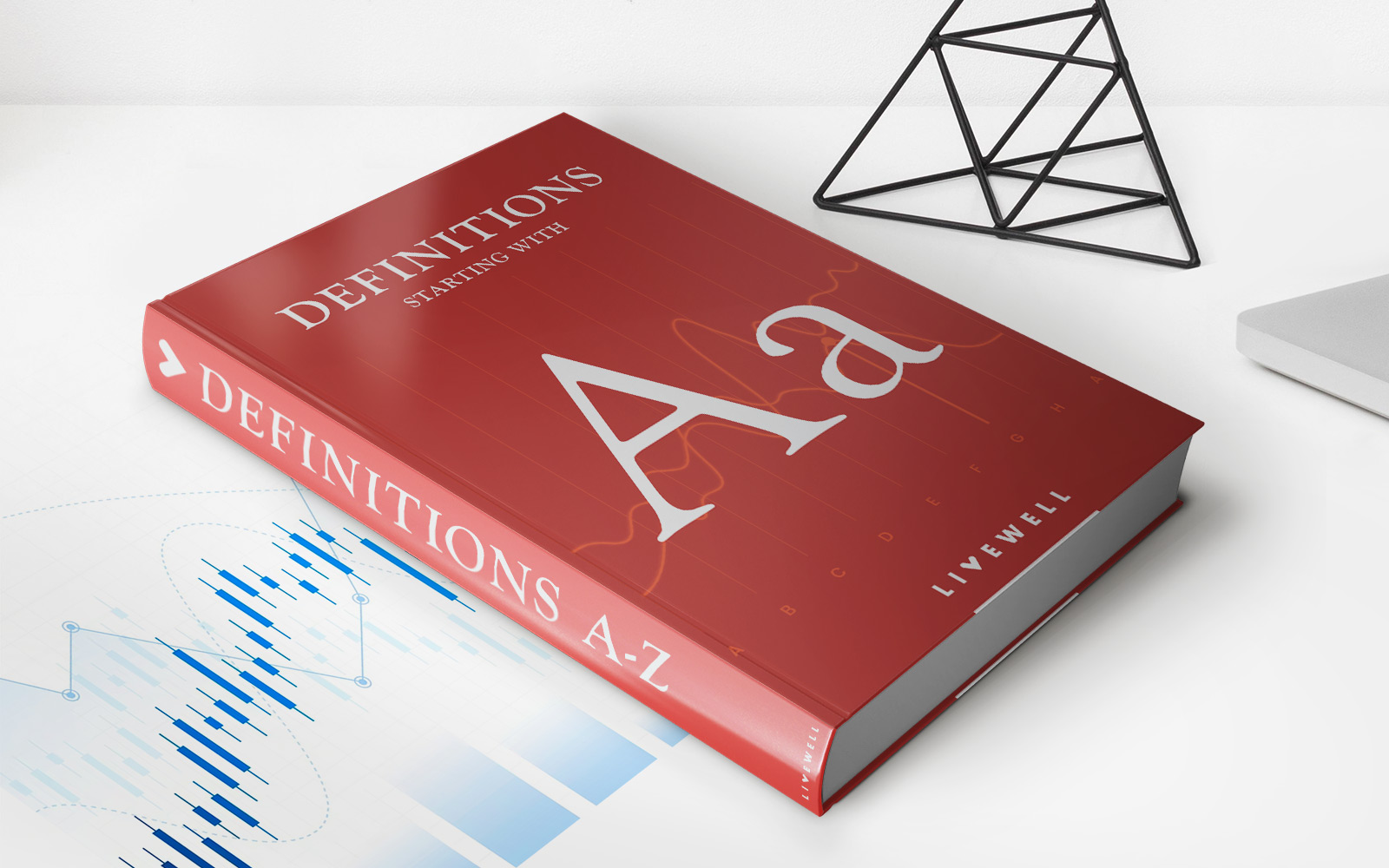Home>Finance>Chartered Market Technician (CMT): Definition & Exams


Finance
Chartered Market Technician (CMT): Definition & Exams
Published: October 26, 2023
Become a Chartered Market Technician (CMT) and enhance your knowledge in finance. Learn about the CMT exams and how they can boost your career in the financial industry.
(Many of the links in this article redirect to a specific reviewed product. Your purchase of these products through affiliate links helps to generate commission for LiveWell, at no extra cost. Learn more)
Chartered Market Technician (CMT): Definition & Exams
Looking to enter the exciting world of finance? If you’re interested in technical analysis and want to demonstrate your expertise, becoming a Chartered Market Technician (CMT) might be the perfect path for you. In this blog post, we’ll explore what a CMT is, the importance of the designation, and what you can expect from the CMT exams.
Key Takeaways:
- Becoming a Chartered Market Technician (CMT) showcases your expertise in technical analysis.
- The CMT designation is highly regarded in the finance industry and demonstrates credibility to potential employers and clients.
What is a Chartered Market Technician (CMT)?
A Chartered Market Technician (CMT) is a finance professional who specializes in technical analysis. Technical analysis involves using historical market data to identify patterns and trends, which can help predict future price movements of financial assets. CMTs are trained to analyze charts, graphs, and other technical indicators to make informed investment decisions.
The CMT designation is awarded by the CMT Association, a global nonprofit organization dedicated to advancing the discipline of technical analysis. The association was established in 1970 and has since become a leading authority in the field of technical analysis education and research. By becoming a CMT, you join a prestigious group of professionals who have demonstrated their knowledge and skills in this specialized area of finance.
Why is the CMT Designation Important?
The CMT designation holds significant value in the finance industry. Here are a few reasons why it’s important:
- Credibility: By earning the CMT designation, you are signaling to employers, clients, and colleagues that you have a deep understanding of technical analysis. This can enhance your professional credibility and open up new opportunities in your career.
- Competitive Advantage: In a highly competitive industry, having the CMT designation sets you apart from other candidates. It demonstrates not only your technical analysis skills but also your commitment to ongoing professional development.
- Networking Opportunities: The CMT Association provides a robust network of professionals who share a common interest in technical analysis. Being part of this community can offer valuable networking opportunities, mentorship, and access to industry events.
The CMT Exam Structure
The CMT exams are a crucial component of earning the designation. There are three levels of exams, each designed to test different aspects of technical analysis. Here’s an overview of the CMT exam structure:
- Level I – Foundation: The Level I exam focuses on basic concepts and tools of technical analysis. It covers topics such as market indicators, trend analysis, chart patterns, and support and resistance levels. This exam tests your understanding of the fundamental principles that underpin technical analysis.
- Level II – Analysis and Application: The Level II exam delves deeper into technical analysis techniques and their practical application. It covers topics such as advanced chart patterns, Japanese candlestick analysis, Elliott Wave Theory, and more. This exam assesses your ability to analyze and apply technical analysis methods to real-world scenarios.
- Level III – Portfolio Management and Behavioral Finance: The Level III exam explores the intersection of technical analysis with portfolio management and behavioral finance. It covers topics such as risk management, market psychology, asset allocation, and investment strategy. This exam challenges your ability to apply technical analysis within the larger context of investment decision-making.
Each level of the CMT exams consists of multiple-choice questions, with Level III also incorporating essay questions. To earn the CMT designation, candidates must pass all three levels within a specified time frame, typically four years.
Whether you’re a seasoned finance professional or just starting your career, pursuing the CMT designation can be a valuable investment in your future. By becoming a Chartered Market Technician, you’ll join a prestigious community of experts in technical analysis and position yourself for success in the dynamic world of finance.
Make sure to check out our other finance blog posts for more insights and tips to help you navigate the world of finance!














